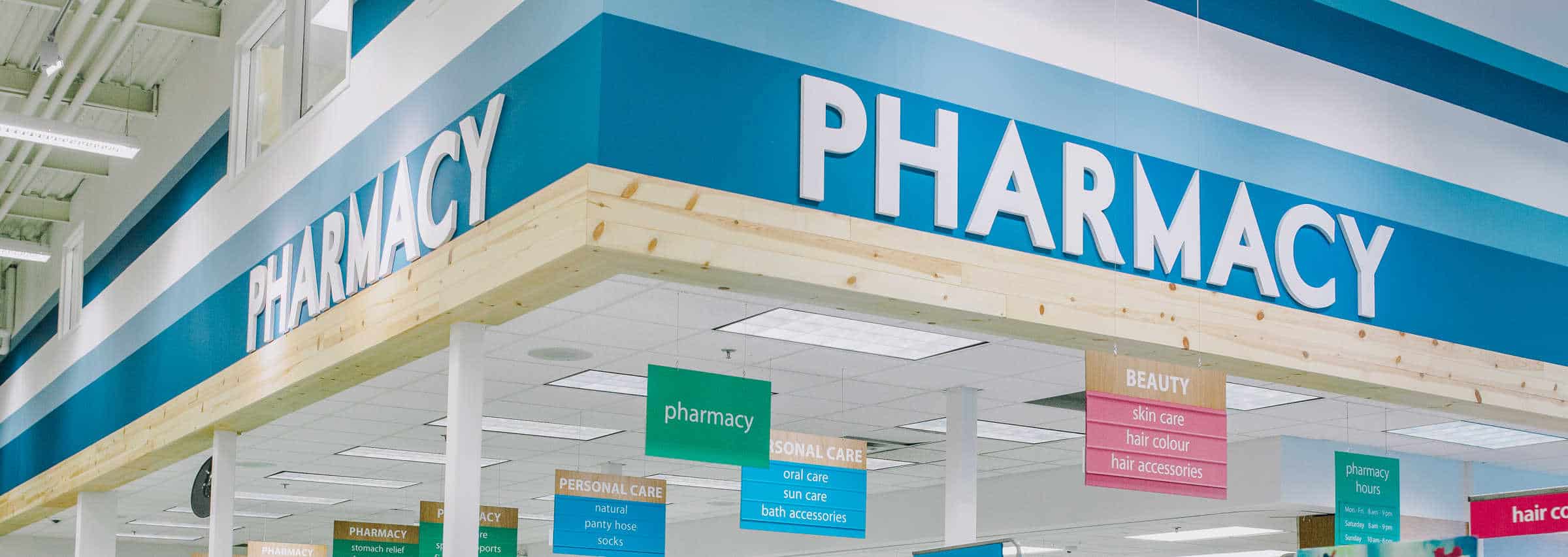Drug conspiracy charges and possible defenses for pharmacists charged in “Operation Faux Pharmacy”

The DEA announced today that it has launched “Operation Faux Pharmacy,” a large-scale investigation targeting 26 pharmacies across California, Hawaii, and Nevada. As the name Operation Faux Pharmacy suggests, the DEA is investigating whether these pharmacies distributed prescription opioids “outside the bounds of legitimate medicine” and in violation of the Controlled Substances Act.
Of course, pharmacies exist to sell opioids and other drugs for patients who desperately need them, so you might be wondering why they are now being investigated for performing their primary function. It’s almost certainly because the Justice Department has placed a high priority on prosecuting healthcare providers and others for the distribution of opioid pain medications in an attempt to address recent overdoses across the United States.
While the Justice Department is right to concern itself with illegal drug distribution, the pharmacies in question here may have been operating well within the boundaries of federal law. We’ve seen this type of case before, as our firm has represented doctors, pharmacists, and other healthcare practitioners who have been unfairly targeted for prescribing legal drugs to chronic pain patients, including terminal cancer patients, in an attempt to ease their constant suffering.
Under federal law, 21 U.S.C. § 846, it is a felony for two or more people to enter an agreement to illegally distribute controlled substances, which include drugs like cocaine, marijuana, and heroin, but also legal drugs. Licensed medical doctors who prescribe legal, legitimate medications like oxycodone, methadone, hydrocodone, or even Xanax have been arrested and prosecuted just like street-level drug dealers under this law.
In Operation Faux Pharmacy, it appears that the government is alleging that a large number of pharmacies in several states were filling prescriptions that should never have been issued by a doctor. Of course, it would be a defense to these charges if the pharmacies reasonably relied on the doctor’s prescription in good faith and had no idea that the prescription was not issued for a legitimate medical purpose and in the ordinary course of a professional practice.
Under federal law, a pharmacy may rely on a licensed doctor’s prescription when selling patients controlled substances. While the law should and does punish prescription forgery and doctors who write fraudulent prescriptions, not allowing pharmacies to rely on prescriptions written by licensed physicians would create an enormous obstacle between patients and their ability to get the medicine they need.
Operation Faux Pharmacy may be the first step in a new initiative to go after pharmacies and other healthcare businesses who had no direct involvement in actually issuing prescriptions in an attempt to address the increasing number of opioid related deaths in the United States. But it would be unfortunate if such an initiative led to the arrest of legitimate pharmacists who only want to help people obtain the medications that were prescribed to them by licensed doctors in an attempt to ease their pain. The ends should not justify the means if it involves the arrest and prosecution of people who had no idea they were committing a crime.


Serving clients across the United States
Se Habla Español

The Church Law Firm
Centennial Tower
101 Marietta Street NW
Suite 3300
Atlanta, Georgia 30303
(404) 223-3310
© 2024 by The Church Law Firm LLC. All rights reserved.
Disclaimer | Sitemap









